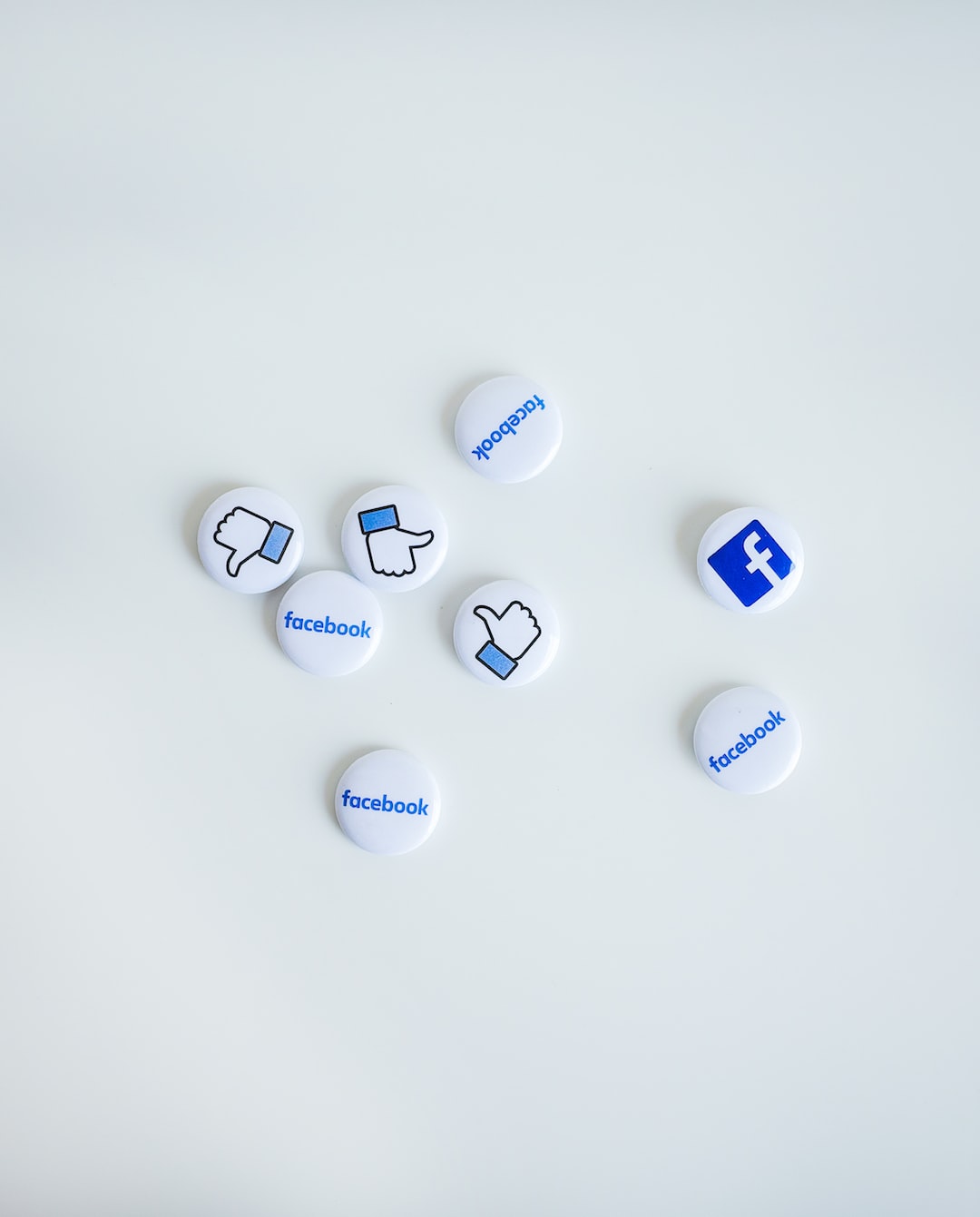Social Media and Body Positivity: Redefining Beauty Standards
In today’s society, the concept of beauty has undergone a significant transformation. The conventional standards that were once perpetuated by the media and fashion industry are being challenged and redefined. This shift in perspective is largely due to the increasing influence of social media, which has given voice to marginalized communities and provided a platform for body positivity. Through the power of social media, people are redefining beauty standards and promoting a more inclusive and accepting outlook.
Social media has played an instrumental role in amplifying the voices of individuals who have traditionally been excluded from the beauty industry’s narrow definition of beauty. People of all shapes, sizes, and backgrounds are now sharing their stories, struggles, and triumphs on platforms such as Instagram, TikTok, and YouTube. These platforms have democratized the representation of beauty and allowed individuals to see themselves reflected in a more diverse and realistic manner.
With the rise of body positivity influencers and activists, social media has become a haven for those seeking inspiration and empowerment. These influencers challenge conventional beauty standards by promoting body acceptance and self-love. They emphasize the importance of valuing oneself beyond physical appearance and encourage individuals to embrace their unique features. For example, the body positive movement has highlighted the beauty of different body shapes, sizes, and skin tones, celebrating the natural variation that exists in human beings.
The impact of social media on beauty standards is particularly evident in the fashion and modeling industry. As social media users demand more representation, brands and agencies are beginning to diversify their roster of models. With the support of hashtags such as #EffYourBeautyStandards and #RealBeauty, the industry is gradually dismantling the unrealistic and unattainable beauty ideals that have long been perpetuated. This shift has allowed for greater inclusivity, as people with disabilities, stretch marks, and non-conventional body types are now given the opportunity to showcase their beauty and talent.
Additionally, social media has encouraged a more open and honest conversation about the negative effects of beauty standards on mental health. Platforms like Twitter and Facebook provide a space for individuals to share their experiences and openly discuss the impact of societal pressure on body image. This dialogue has not only increased awareness but has also led to a collective effort to challenge the harmful narratives and stereotypes that have long plagued the beauty industry.
While social media has undeniably made significant strides in redefining beauty standards, it is important to note that it is not without its flaws. The rise of edited and filtered images has created a new set of unrealistic beauty ideals, often referred to as the “Instagram aesthetic.” This trend has sparked a debate about the authenticity of social media and its potential to cause harm by perpetuating unrealistic beauty standards. Additionally, the relentless pursuit of validation and the pressure to present a curated image online can also negatively impact mental health.
Nonetheless, the positive impact of social media on body positivity and the redefinition of beauty standards cannot be undermined. It has given individuals the power to reshape the narrative, question societal norms, and promote self-love and acceptance. Through social media, people have found solace in virtual communities that celebrate diversity and challenge conventional beauty ideals.
In conclusion, social media has played a pivotal role in redefining beauty standards and promoting body positivity. It has given a voice to marginalized communities and provided a platform for individuals to share their stories and experiences. The power of social media lies in its ability to challenge conventional beauty ideals, celebrate diversity, and encourage self-acceptance. While there are still challenges to overcome, the impact of social media on beauty standards has undoubtedly paved the way for a more inclusive and accepting society.

